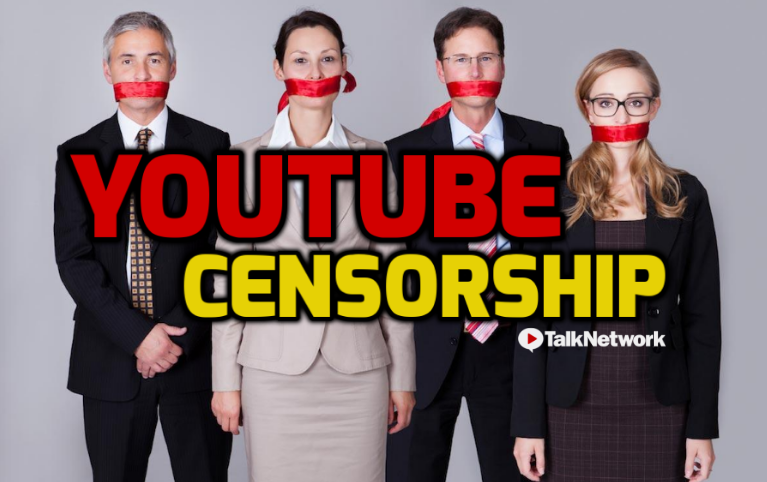
Despite the fact that the tech media giants Facebook, YouTube and Google are engaging in some serious censorship of mostly conservative content, a federal judge in California remains unconvinced and as such has tossed a lawsuit seeking redress.
In October, Prager University — PragerU — announced it had filed suit against YouTube, which is owned by Google after the video platform placed more than 50 of the organization’s videos in “restricted mode.” That meant they were unable to be accessed by accounts using parental controls so their kids would not be exposed to violent, sexually explicit, or other inappropriate content.
So, do PragerU’s videos meet that threshold of content? Hardly. The organization produces five-minute videos featuring policy experts and others who discuss a range of topics from politics to religion and personal improvement. But the video perspectives — like those held by PragerU founder Dennis Prager — are conservative.
Now you’re catching on.
As reported by Lifesite News, U.S. District Judge Lucy Koh said in her ruling this week that YouTube could not be held liable for First Amendment speech violations because it’s a private company, not a government entity.
“Google and YouTube do this not because they have identified video content that violates their guidelines or is otherwise inappropriate for younger viewers,” Eric George, the attorney representing PragerU, said, “but because PragerU is a conservative nonprofit organization that is associated with and espouses the views of leading conservative speakers and scholars.”
PragerU officials say that YouTube notified them when it restricted access to certain videos that they “aren’t appropriate for younger audiences” (though now we’re letting high school kids dictate national gun policy).
However, the group’s legal complaint states clearly that none of their videos — those that have been flagged and those that remain fully accessible — “contain any profanity, nudity, or otherwise inappropriate ‘mature’ content,” and they “fully comply with the letter of YouTube’s Terms of Use and Community Guidelines.”
None of that influenced Koh.
“Defendants are private entities who created their own video-sharing social media website and make decisions about whether and how to regulate content that has been uploaded on that website,” Koh ruled. “Plaintiff has not shown that defendants have engaged in one of the very few public functions that were traditionally exclusively reserved to the state.”
But in a statement, PragerU CEO Marissa Streit said all is not lost — yet.
“Today, a Federal Court ruling was issued regarding our lawsuit brought against Google Inc. and its subsidiary YouTube, LLC. Already, some headlines in the media would have you believe we have lost our case outright,” she said.
“Quite the contrary, this is only the first step in the process and we join our legal team in its optimism for the future prospects of our lawsuit. We thank the Honorable Judge Koh for her thoughtful ruling, which allows PragerU, in essence, to continue our efforts,” Streit continued.
“Far from an unexpected setback, we look forward to arguing the merits of our case in both state and Federal Court, as well as the 9th Circuit, or even the Supreme Court if that is what it takes to ensure every American’s freedom of speech is protected online. We remain firmly convinced of the importance of our cause and as such, we look forward to our next day in court.”
PragerU has also filed suit against Google, which seeks to break up the Web’s largest information monopoly following a series of very credible reports documenting how the behemoth has been attempting to control the flow of information that you can (and cannot see) in your browser.
“This is not just about PragerU being silenced. It’s about another point of view that’s being silenced by Google and YouTube,” the group said, adding that Google controls Internet search with more than 75 percent of the market. “Tomorrow it could be your point of view that is being silenced.”
Read YouTubeCensorship.com for more coverage of YouTube censorship.
J.D. Heyes is a senior writer for NaturalNews.com and NewsTarget.com, as well as editor of The National Sentinel.
Sources include:
Please contact us for more information.





















